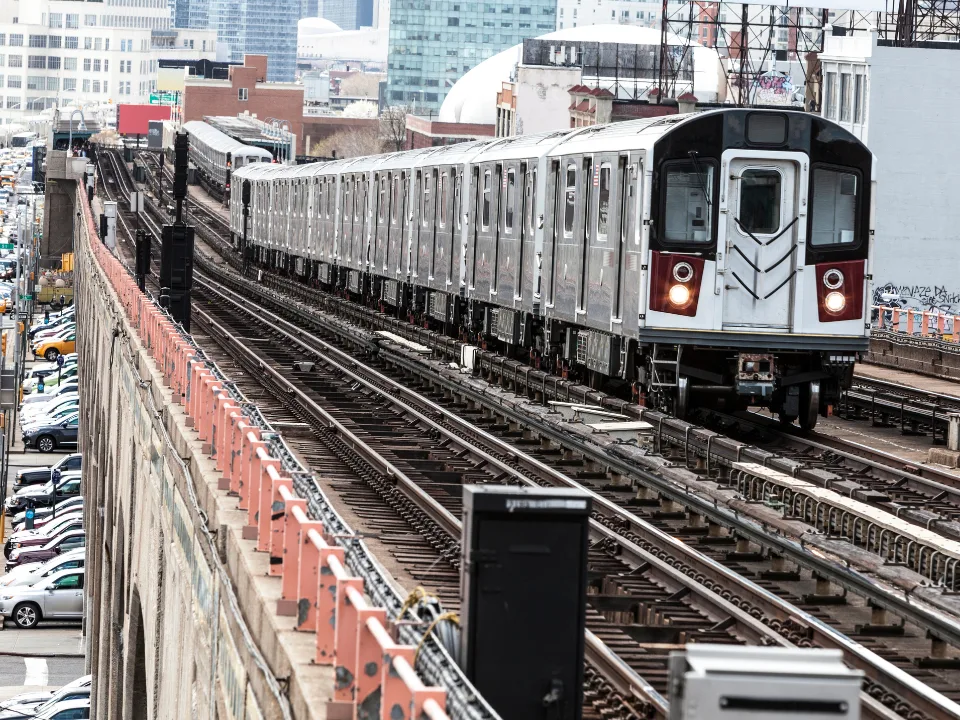- The D.C. Council is preparing to vote on the Emergency Rental Assistance Amendment Act of 2025, codifying pandemic-era eviction protections into permanent law.
- Landlord groups, initially supportive, now oppose the revised version over added compliance burdens and potential legal penalties.
- D.C. has the highest rent arrears in the nation, with over $147M in unpaid rent, prompting urgency and deep divisions over how to address the crisis.
- Tenant advocates back the bill, arguing that stronger enforcement ensures fair access to assistance, while Mayor Bowser and housing providers warn it may overburden small landlords and the court system.
A Permanent Shift in Eviction Law?
The D.C. Council is gearing up for the first of two votes on the Emergency Rental Assistance Amendment Act of 2025, a proposal to cement the temporary eviction rules established during the COVID-19 pandemic into permanent law. According to Bisnow, as rental debt piles up across the city, the legislation has become a flashpoint for how D.C. balances tenant protections with landlord obligations in a post-pandemic housing landscape.
From Support to Pushback
Landlord groups initially signaled support for a permanent version of the law, but last-minute amendments added by the Council’s Committee on Human Services have shifted the landscape. Organizations such as the Apartment and Office Building Association (AOBA) and the DC Building Industry Association (DCBIA) now argue that the new version is confusing and punitive.
Of particular concern is a clause allowing courts to hold landlords in contempt if they fail to comply with ERAP (Emergency Rental Assistance Program) procedures, including providing timely documentation.
Get Smarter about what matters in CRE
Stay ahead of trends in commercial real estate with CRE Daily – the free newsletter delivering everything you need to start your day in just 5-minutes
A Mounting Rent Crisis
The stakes are high: D.C. leads the country in average rent arrears, at $2,207 per unit, with $147M in unpaid rent citywide — a tenfold increase since 2020. Court delays stemming from ERAP-related policies have frustrated landlords, especially cases paused due to pending applications that ultimately didn’t qualify.
Controversial Amendments
The most contentious changes include:
- Waiving rent if landlords do not respond to an ERAP application within 30 days — though Councilmember Matthew Frumin has proposed extending this window to 45 days.
- Allowing tenants to delay eviction proceedings if they haven’t yet applied for ERAP, citing the program’s once-a-year application window.
Advocacy Groups vs. Housing Providers
Legal Aid DC and other tenant advocacy groups support the bill, saying the additional requirements are necessary to ensure tenants aren’t unjustly evicted due to bureaucratic failures. They argue that better landlord participation will ultimately expedite the process.
Meanwhile, Mayor Muriel Bowser and housing providers have expressed opposition, warning that the bill could overwhelm the eviction court system and penalize small housing providers. Bowser introduced her RENTAL Act, offering a less stringent version of long-term ERAP reform.
What’s Next
The Council is scheduled to vote on the bill Tuesday, with a second vote required before the law is finalized. Councilmember Frumin is working to tweak the bill’s language to clarify landlord responsibilities and limit legal ambiguity. While the final version is still evolving, the outcome could set a national precedent.
Why It Matters
D.C.’s decision will be closely watched as cities across the U.S. grapple with pandemic aftershocks in housing. With thousands of renters behind on payments and landlords calling for more clarity and fairness, the coming weeks will test how far local governments are willing to go to protect tenants — and what it means for housing markets already under pressure.















